If you are looking for free POS software, Tower Systems is not the right company for you.
We don’t offer free POS software.
Typically, free POS software comes with payment made in other ways, such as being required to use a particular EFTPOS platform or service or being committed to some other cost in the business.
So, you can see, free is not really free. There is no such thing as free POS software.
What any retail business really wants / needs is the best POS software for their business. The best POS software will provide benefits in time and money that make the POS software truly valuable for the retail business.
Now, to be clear, we don’t know if our Tower Systems POS software is the best POS software for your needs. Only you can know that by comparing what our software does to what it is you need from POS software.
Our message today is buyer beware. Don’t get suckered in by a claim of free POS software because, for sure, it will not be free, and it may not be best for you.
We mention this today as we see many retailers in Australia searching for free POS software. It is worrying because every bad experience someone has with POS software.
Here at Tower Systems we want relationships with value at the core. We want to partner with customers we value, and who value us. This mutual respect helps both businesses prosper and if we do prosper then it’s the classic win win. That can’t happen with free as the starting point.
Software developers and help desk professionals cost money. And, you want that because you want good outcomes for your business. These good outcomes flow from good POS software that ids backed by good customer service.
If you look at it from a retail business perspective, you want people in your shop prepared to pay money for what you have on offer. If they don’t have money they are not customers you want. If their wage growth is flat their capacity to spend more is non existent.
All of this feeds into what is a circular economy.
But on price, we are fair, with a modest cost, which has not changed since 2019. So even though we do charge for our POS software, it’s modest and reflective of what we think the good businesses in our target marketplaces can afford.

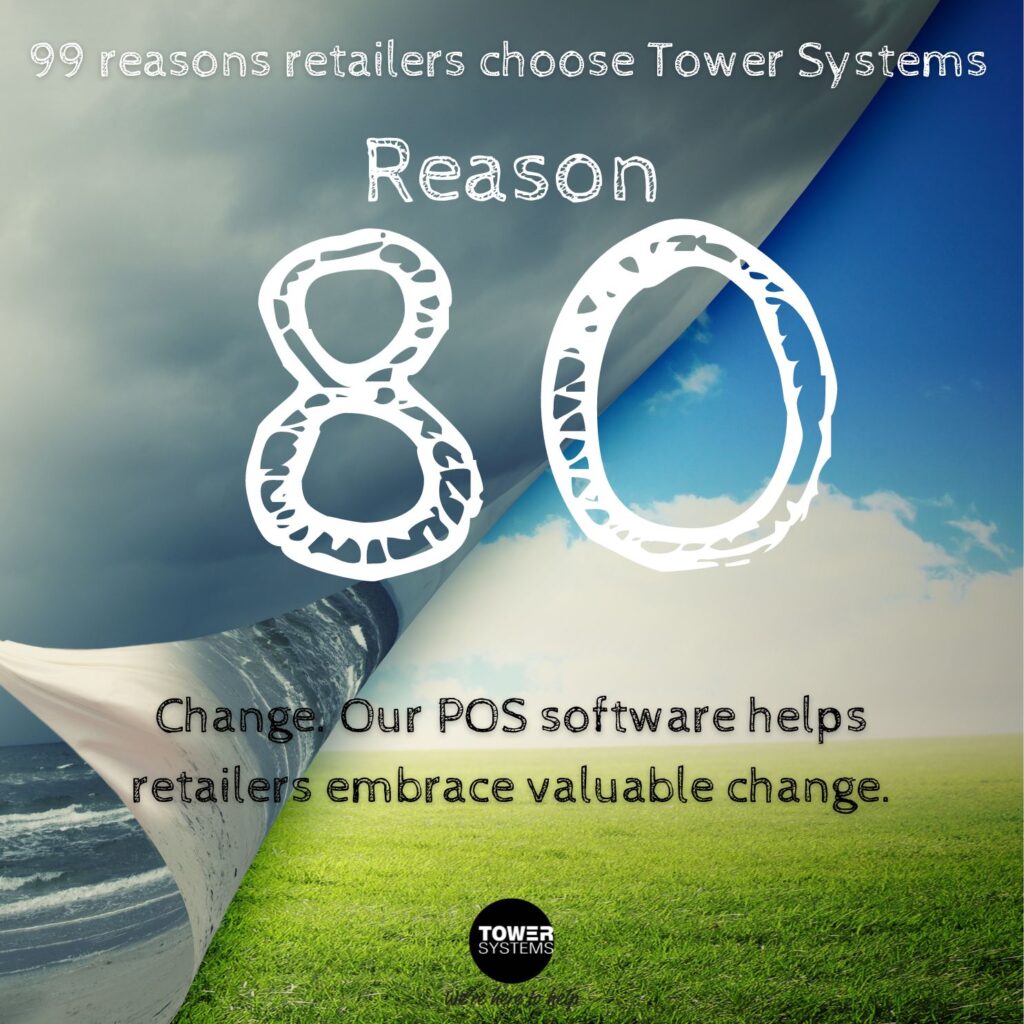
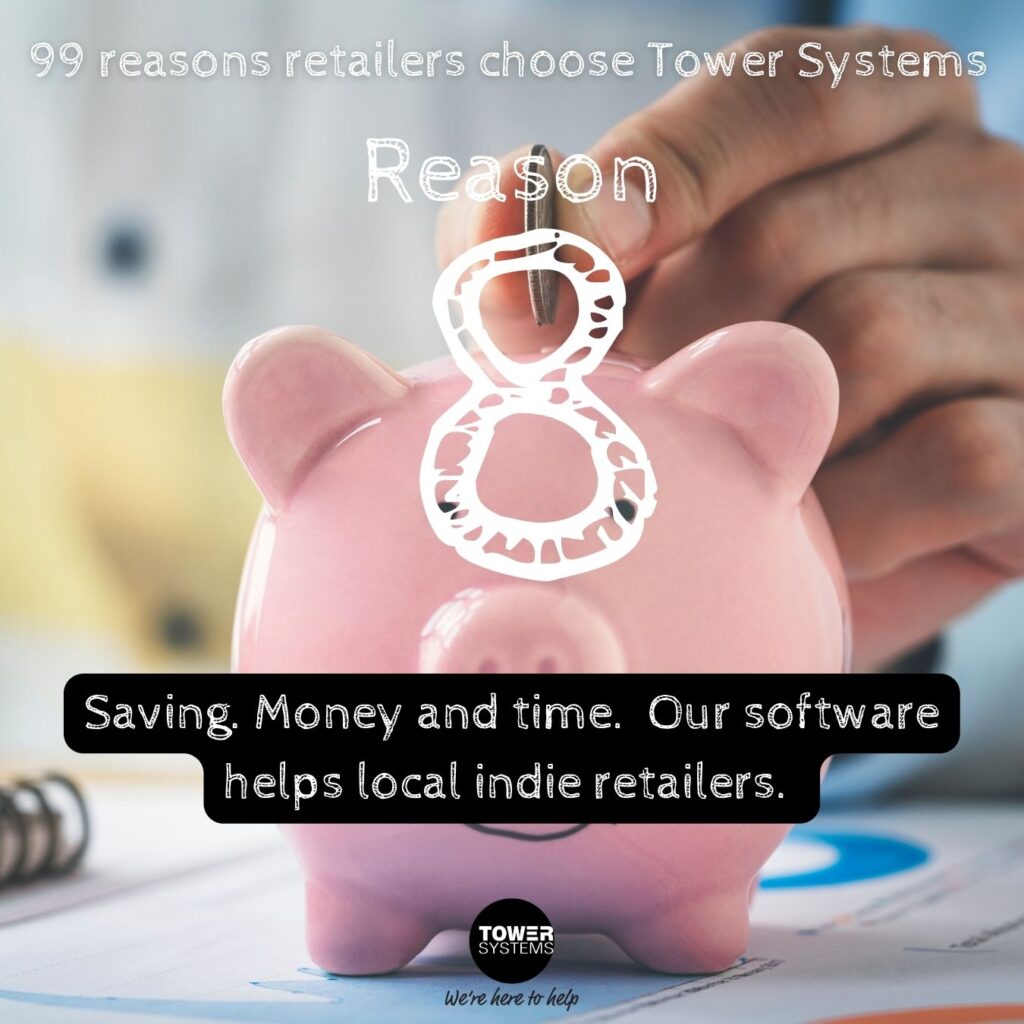
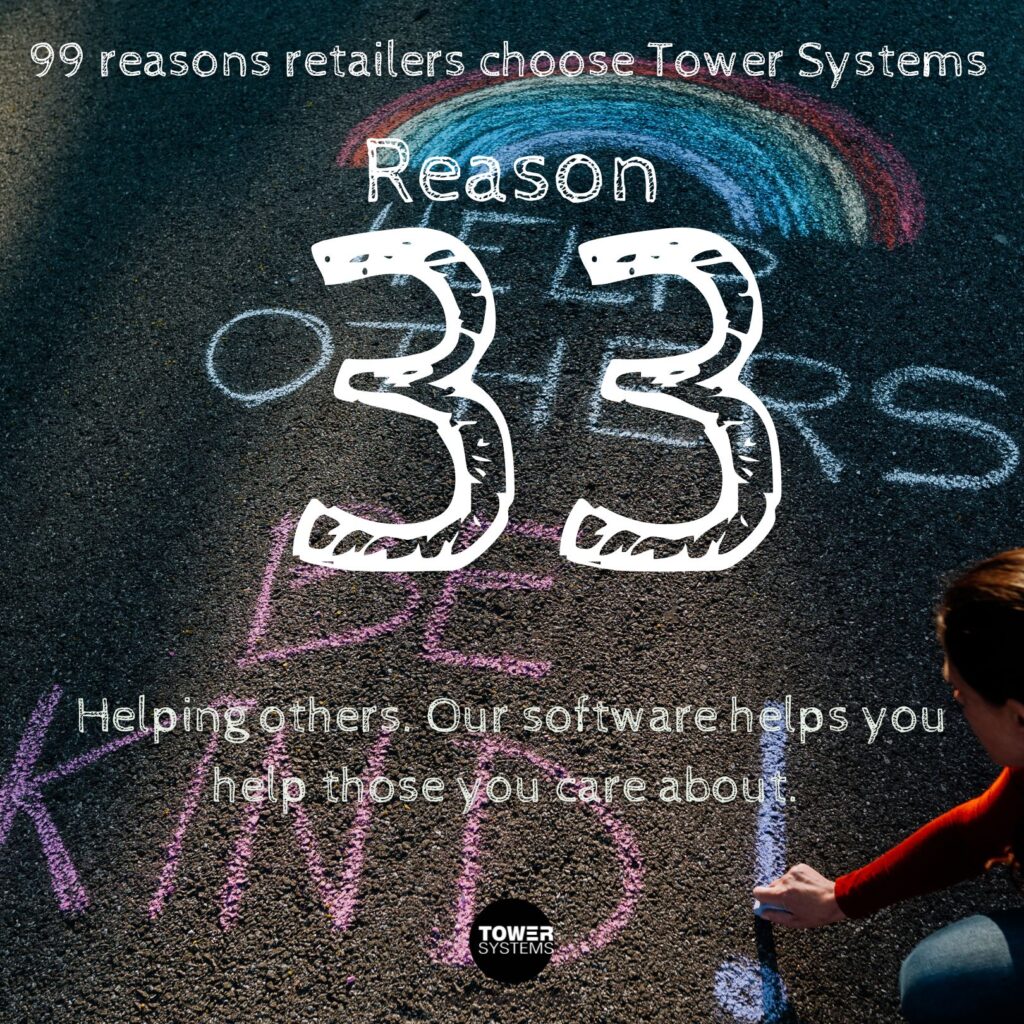
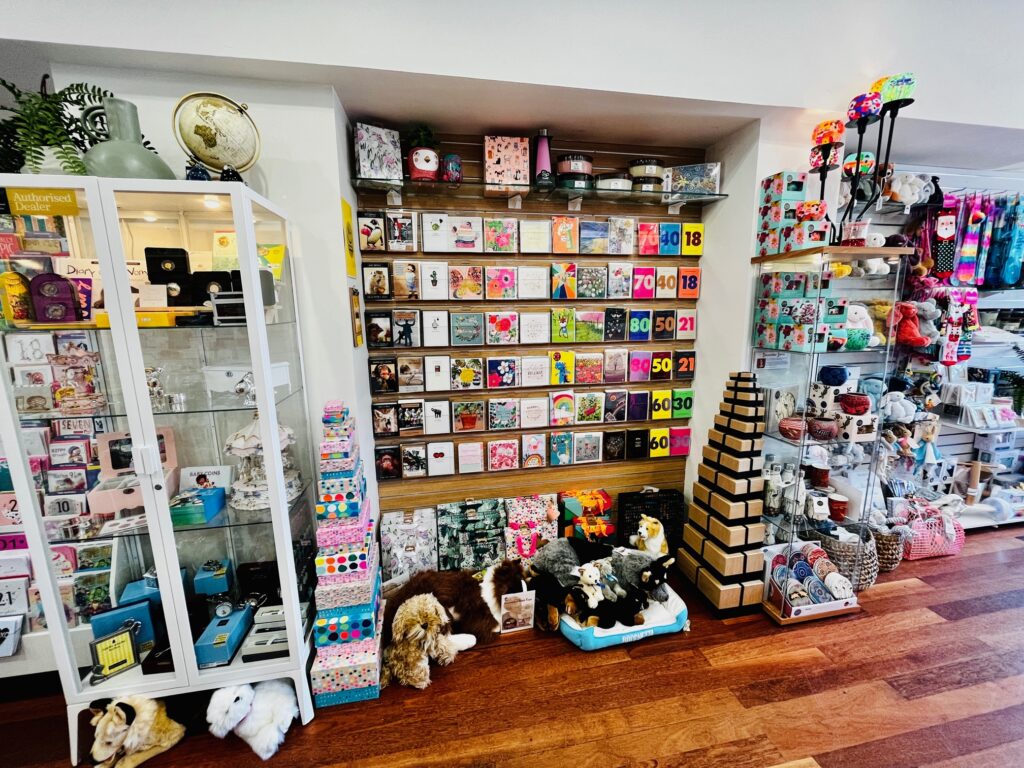
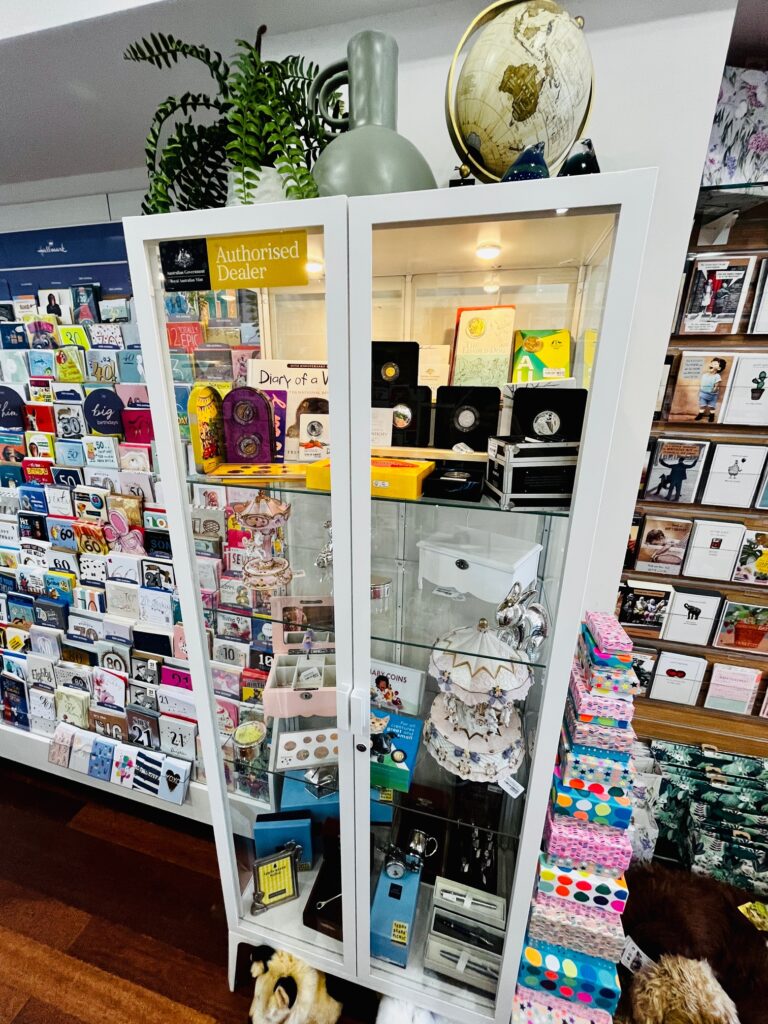
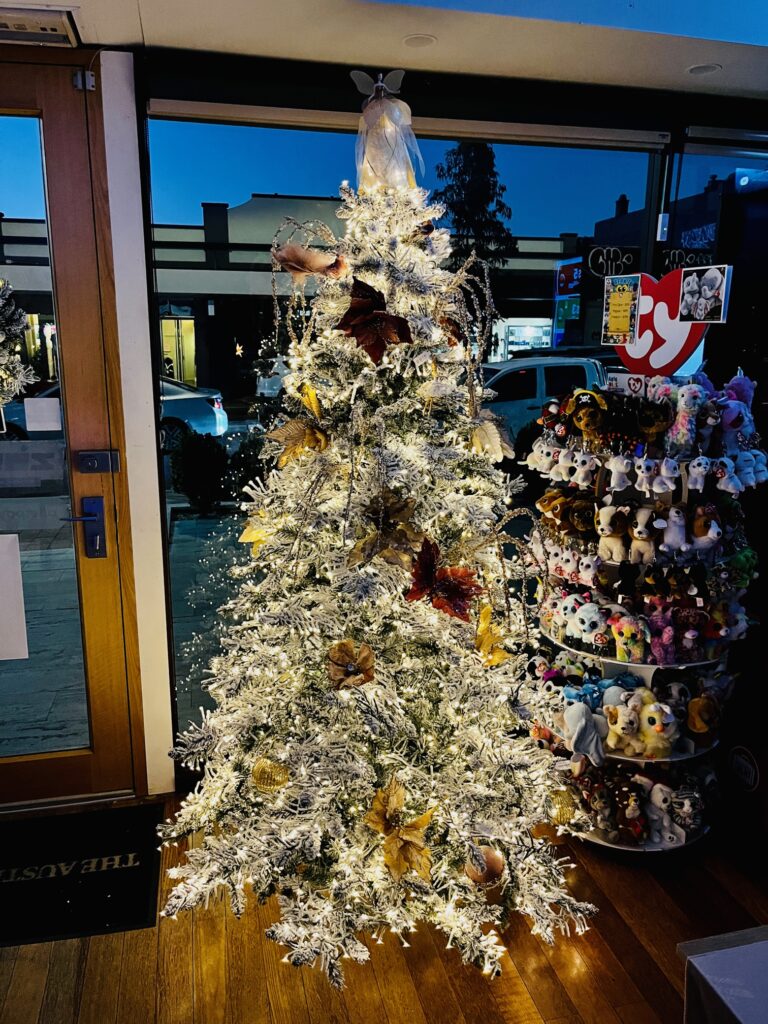
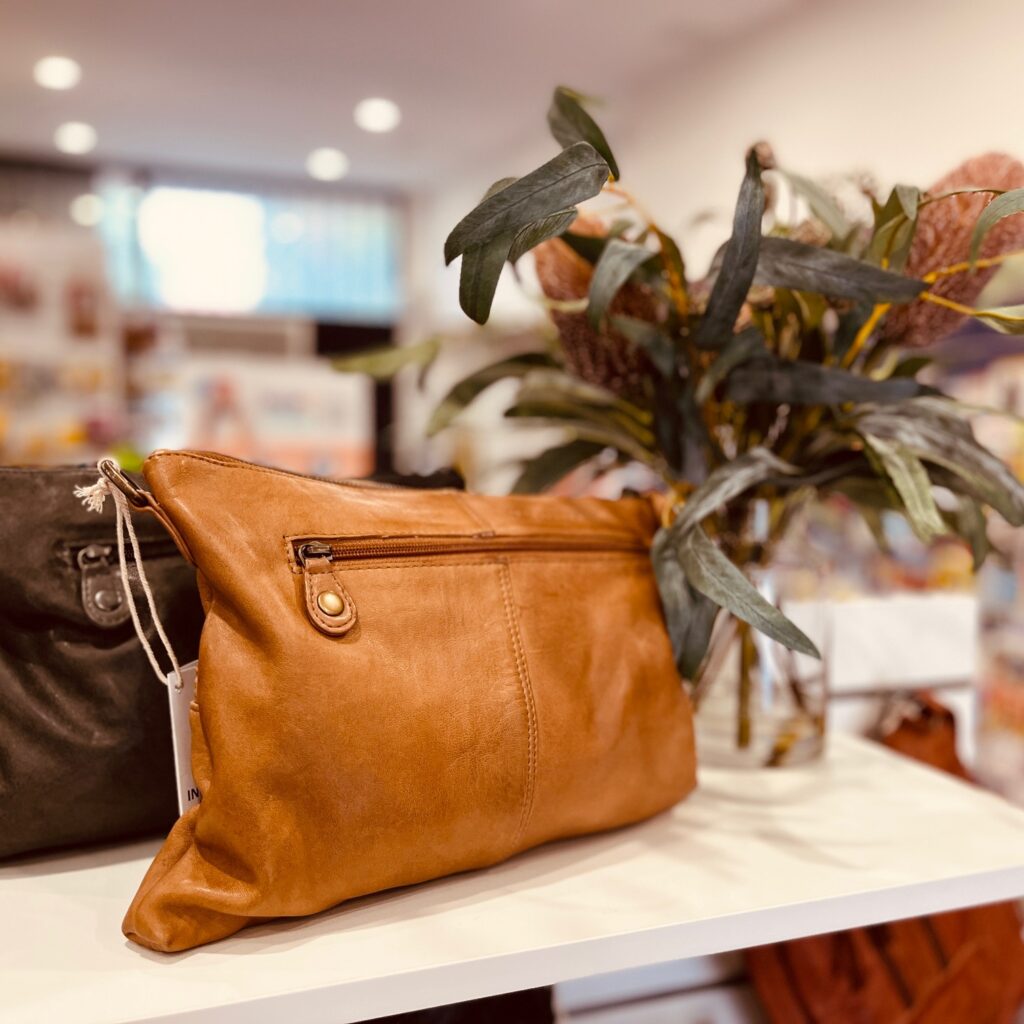


Recent Comments